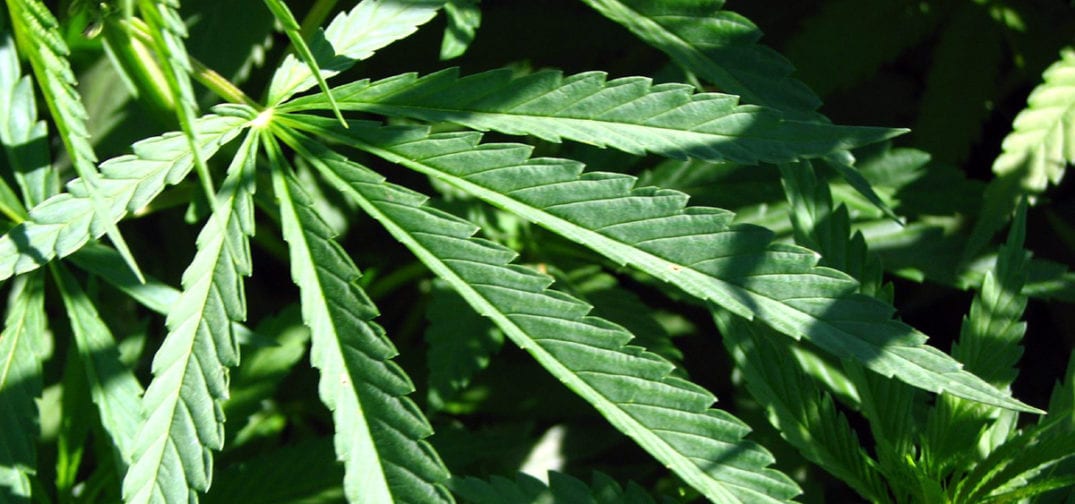A cannabis researcher at Arizona’s Scottsdale Research Institute is suing the Drug Enforcement Administration over its hurdles to cannabis research access, namely the government-run cannabis farm at the University of Mississippi, according to a CT Post report. Dr. Sue Sisley claims that the cannabis grown at the farm is genetically closer to hemp than what can be found in both legal and illegal markets, making it hard to reach scientifically valid conclusions using the government-approved cannabis.
Sisley, who recently completed a study focused on cannabis for post-traumatic stress disorder, said that the cannabis from the Ole Miss farm was moldy, contained sticks and seeds, and was not properly tested before being sent to researchers.
“Scientists need access to options and we are handcuffed by a government-enforced monopoly that has only allowed me to study this really suboptimal study drug from Mississippi.” – Sisley, to the Arizona Capitol Times
She described the cannabis as a “standardized green powder that is just cannabis ground up.” She added that she included the U.S. Attorney General’s office in the lawsuit because she doesn’t believe that the DEA “is responsible for impeding” researcher access to quality cannabis. Her PTSD study has not yet been published, although she does not indicate whether that is attributed to the low-quality product used in the research.
Sisley wants the court to force the federal government to allow researchers to use cannabis from sources other than the Ole Miss farm, which was granted a federal license to grow cannabis more than 50 years ago.
She told the Capitol Times that she applied more than three years ago with the DEA to become a Schedule I bulk manufacturer but has not heard back from the agency, despite its acceptance of her application fee.
Earlier this month, U.S. Senator Dick Durbin (D-Illinois) introduced legislation to remove all federal restrictions on cannabis research which would direct the National Institutes of Health, the Centers for Disease Control, and the Substance Abuse and Mental Health Services Administration to develop a research agenda. That bill would move cannabis from a Schedule I to Schedule II substance but the DEA would still be responsible for granting licenses.
In May, a federal appeals court ruled that the DEA must address the issue of cannabis’ Schedule I status and if the agency failed to act the court has the jurisdiction to “take whatever action might become appropriate.”
Get daily cannabis business news updates. Subscribe
End
